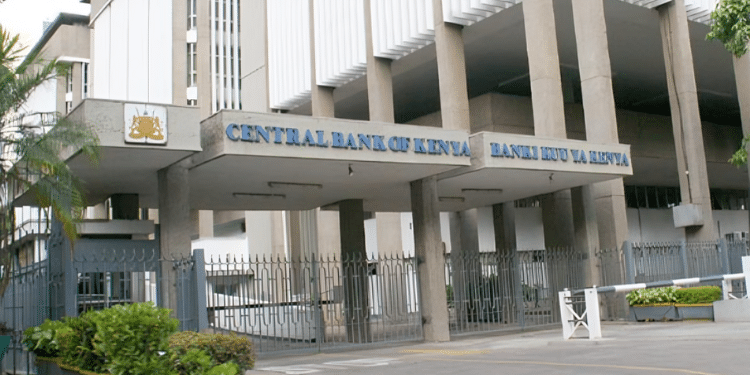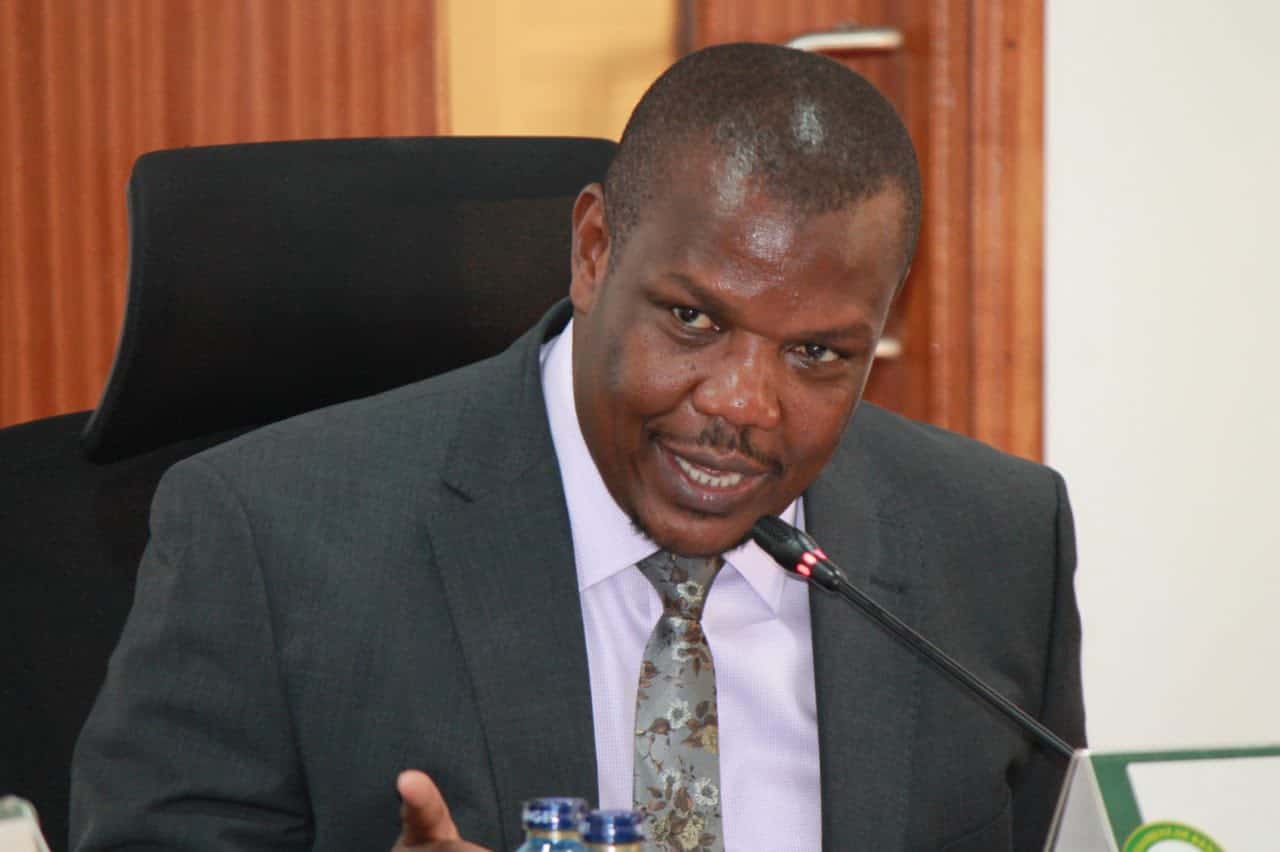Autism Spectrum Disorder (ASD) is a diverse group of conditions that affect how a child behaves, interacts, and communicates.
This means a child is born looking just like any other child but during the different developmental stages you notice the differences in how she or he is developing socially and how they communicate. They also have repetitive behaviors that are fixed.
In this article, Dr Neema Lema, an Autism Specialist and Pediatrician, answers frequent questions surrounding ASD.

What are some of the early signs of autism?
A parent may notice that at six months, the child has poor or no eye contact, they also do not smile back at you when you smile at them.
The early speech signs that include cooing and babbling may be absent. They do not respond to their name, and you may wonder if they can hear.
In addition, the child may also have repetitive behaviors that include running up and down, arranging toys in straight lines, same color and getting upset about any change.
Others become choosy when it comes to smell, taste, and texture of food or clothes, repeating words/phrases and preferring to play alone even when in the company of other children.
Also Read: Parents Asked to Seek Autism Therapy for Affected Children
What do handlers of autistic children need to know?
Teachers of autistic children, especially in the early years, must understand how the autistic brain functions so that they are able to meet the child’s needs.
Moreover, they also need to create a calming space for the child, and therefore an opportunity for learning to happen.
Again, the teachers should understand that the brain of the autistic child is different and hence be able to appreciate each child’s uniqueness and nurture it instead of forcing this differently abled child to fit in a “normal child” box.

There must be a fine balance when disciplining these children because sometimes they are unable to control their behavior.
So, punishing a child simply because they are not able to sit still in class without asking why the child is pacing to and from is wrong.
Does the community have a role in children with autism?
Yes! These children are our children, they are part of us. We live with them, see them in different gatherings, they are friends to our children.
Similarly, their being different should not make them any less than any of the typical children.
The community should have a big heart to love these children and accept them for who they are not who they expect them to be.
Nonetheless, the community has a role to create safe spaces for these children to play with other kids without being laughed at or called names.
Neurotypical families (those considered normal) should take time to talk to their children about the concept of neurodiversity and the parents should lead by example in embracing neurodiversity in schools, churches, and our neighborhoods.
Also Read: Inclusive Education and Employment for PWDs
How should the government support autistic children?
A parent with a child on the spectrum battles so much more on top of what any other parent is grappling with.
I will highlight the three areas that have been the biggest struggles for me and others that I have interacted with on this journey.
1. Finances
Having an autistic child in Kenya is such an expensive affair. Most of the health insurance companies, including the National Health Insurance Fund (NHIF), do not cover the different therapies that these children need to cope in the world they live in.
Notably, the average cost of most therapies in Kenya is Ksh2,500 per session.
Depending on the different challenges a child may have, one may attend up to four sessions per week. And this being a lifelong condition, it may continue for a while.
Universal health coverage (UHC) should cover the full continuum of essential health services, from health promotion to prevention, treatment, rehabilitation, and palliative care.
2. Schooling
Getting a school that properly understands autistic children is not easy and when you find it can be quite expensive for most people.
We have a shortage of teachers who are conversant with Autism and so most of the children labeled as ‘rebellious’ could be on the spectrum.
The curriculum that trains early year teachers should have a unit on autism and it should be well differentiated from other behavioral problems as autism is not one of them.
The government should support the implementation of the Competency Based Curriculum (CBC), so that the intended goal is achieved, otherwise, it is the learners who learn differently who will be affected the most.
3. Flexible working conditions
Having a child on the spectrum may mean not sleeping through at night for years, and not having nannies who will be patient enough to deal with your child’s tantrums and meltdowns.
Depending on where you are in your career, one of the parents may have to quit their job and be a full-time parent which will automatically affect the family income.
It becomes even more challenging when the household has a single parent and there are other siblings that need attention.

What challenges do adults living with autism face?
ASD is more than 70 years old, in Kenya, people have started openly talking about it in the last 20 years or so.
With the challenges of not being able to form and keep friends, not able to understand social cues and norms, and having challenges in communication, these are people who mostly prefer being alone, are obsessed with art or scientific concepts, may have mental health conditions that could either be diagnosed or undiagnosed.






































































